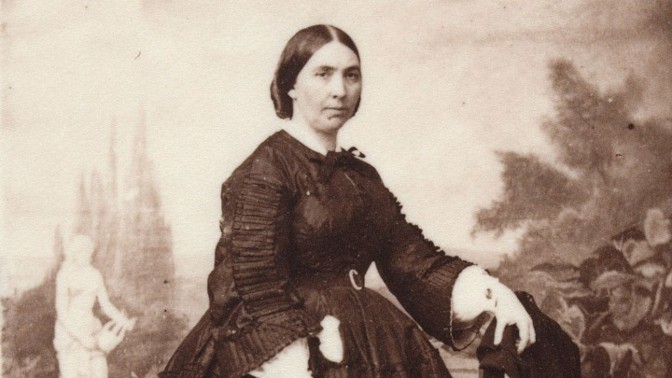2. Eric Garcetti stays out.
Even into early 2019, the 48-year-old Los Angeles mayor was still toying with the idea of a presidential bid. But while seemingly every other Democrat in America had entered the race, Garcetti decided not to. His day job running the second-biggest city in the country was seen as a major impediment.
Around that time, Pete Buttigieg, who was running a city a fraction of the size of L.A., was just announcing his exploratory committee.
Does Garcetti have regrets about his decision? In an interview with Isaac, he denied any regrets, even as he flashed pangs of wistfulness.
3. Pete Buttigieg stays near the top.
Chances are you know how to pronounce Buttigieg without thinking twice. That alone is a testament to the meteoric rise of “Mayor Pete,” who until this month, had been mayor of a city with far fewer people than Los Angeles or Newark.
When Buttigieg officially launched his presidential campaign last April, he’d understood that “this is a long shot, or maybe a loooong shot.” Here’s what Isaac wrote then:
Three months ago, Buttigieg and I sat for two hours at a restaurant in New York, and no one knew who he was.
A month ago, he was still being laughed off as the guy with the weird last name. He was running less of a campaign than an amazingly aggressive press operation.
These days, he’s the sensation with the weird last name: “In the Era of the Impossible, this could be happening. But can anyone pronounce his last name?” Matt Drudge tweeted.
Now Buttigieg is in an entirely different phase of his campaign, one in which it’s no longer so fantastical to imagine ‘President Pete.’
—Saahil Desai
*
« IDEAS AND ARGUMENTS »
(LOREN ELLIOTT / REUTERS)
1. “The difference might seem like mere semantics, but it helps underscore how different Sanders’s approach to foreign policy is from that of his competitors.”
After the Iran crisis dominated headlines last week, Senator Bernie Sanders took a victory lap by talking up his anti-war record and untraditional foreign policy. The moment gave him a boost with Americans who know little of him beyond his reputation as the candidate who rails against billionaires and supports universal health care, Elaine Godfrey reports.
2. “And this is the real reason the Trump impeachment trial will be boring: the president himself.”
Don’t expect any fireworks in the Senate’s impeachment trial: It will be mostly pageantry and a matter of form, and even if the GOP allows for witnesses to testify, they will be few and controlled, Quinta Jurecic and Benjamin Wittes write. Still, there’s one figure who might introduce some surprise.
*
« EVENING READ »
(NATIONAL PORTRAIT GALLERY, SMITHSONIAN INSTITUTION; FREDERICK HILL MESERVE COLLECTION)
The Origins of the Celebrity Political Spouse
The year: 1856. The candidate: John Charles Frémont, of the brand-new Republican Party.
Thousands of men elbowed for space as they shouted for their candidate to emerge onto his iron balcony. The nominee stepped out and gave a short speech, but after he withdrew, the crowd wanted more. “Mrs. Frémont!” someone cried, then others took up the refrain. “Madam Frémont! Jessie! Jessie! Give us Jessie!”
Nothing quite like this had happened before. “For a lady to make her appearance before a political crowd like this is an innovation,” observed a young man in the crowd. Disapproving, another man beside him tried to hush the calls for Jessie, but his was a lonely voice as many shouted louder. A man appeared on the balcony and tried to explain why Jessie should not come out: “Such occasions as this are apt to disconcert ladies,” he called down, but the crowd refused to leave. At last, to “a universal shout,” Jessie appeared on the balcony.
Steve Inskeep on the remarkable Jessie Benton Frémont, political spouse.
*
Today’s newsletter was written by Saahil Desai, an associate editor on our Politics team and Christian Paz, a Politics fellow. It was edited by Shan Wang, who oversees newsletters.
You can reply directly to this newsletter with questions or comments, or send a note to politicsdaily@theatlantic.com.
Your support makes our journalism possible. Subscribe here.
We want to hear what you think about this article. Submit a letter to the editor or write to letters@theatlantic.com.
Source link
 Black America Breaking News for the African American Community
Black America Breaking News for the African American Community



